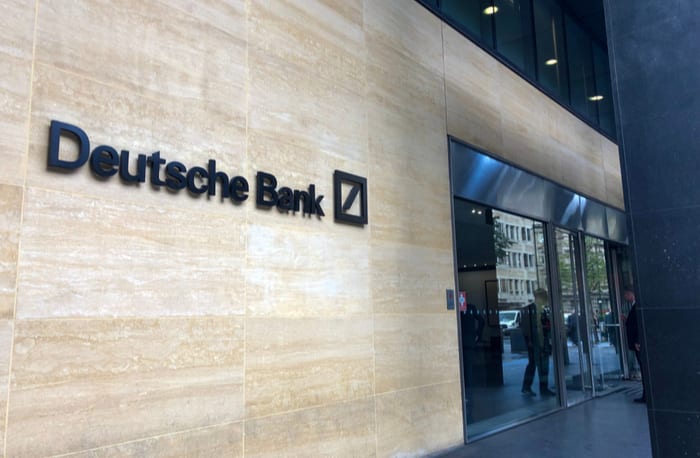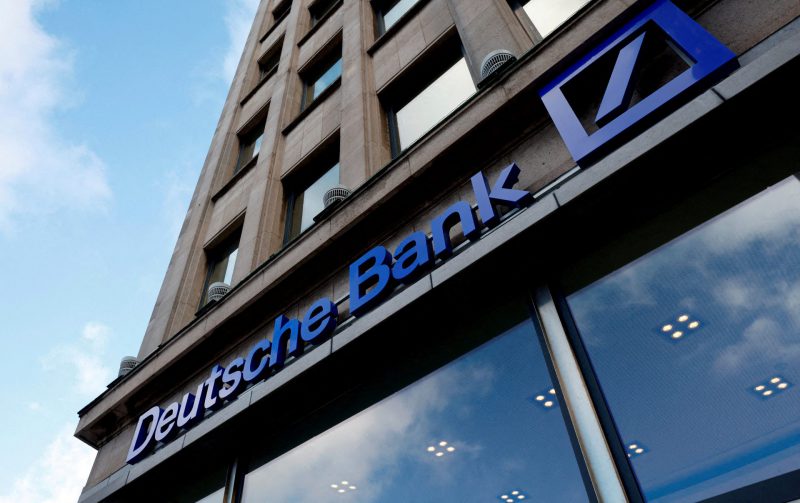The largest bank in Germany, Deutsche Bank, is officially partnering with Taurus to provide crypto custody and tokenization services. Indeed, the bank has tabbed the Swiss firm after participating in its $65 million Series B funding Round.
The bank had previously applied for a digital asset license with German regulators this year. Moreover, this worldwide partnership represents another step in the asset manager’s entry into the digital asset industry. Subsequently, it is now set to integrate Taurus’ technology to manage cryptocurrency for clients.
Also Read: How to Buy Crypto With Deutsche Bank?
Deutsche Bank, Germany’s Largest Partner for Crypto Custody Services
The digital asset industry has had a rather significant year despite the volatility and fallout from the FTX collapse. Specifically, this year has seen regulatory discussion reach the forefront and noted a host of traditional finance firms seeking entry into the digital asset industry
Now, Germany’s largest bank, Deutsche Bank, is continuing that effort by partnering with Taurus to provide crypto custody and tokenization services. The move follows the bank’s application for a digital asset license in Germany. Furthermore, it will allow the bank to add the custody of cryptocurrencies to its robust asset management portfolio.


Also Read: Deutsche Bank Applies for Crypto Custody License
The banking behemoth manages more than €1.3 trillion, or $1.4 trillion, in assets. Subsequently, the partnership will allow Taurus to integrate its technology. Specifically to enable the bank to manage digital currencies, tokenized assets, and cryptocurrencies for its array of clients.
Deutsche Bank told The Block that traditional finance needs to adapt to the changing demands of consumers. Moreover, the bank’s Global Head of Securities Services, Paul Maley, said it was “bound to be seen as one of the priorities for investors” in a statement.”As such, custodians must start adapting to support their clients.”





